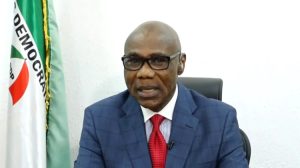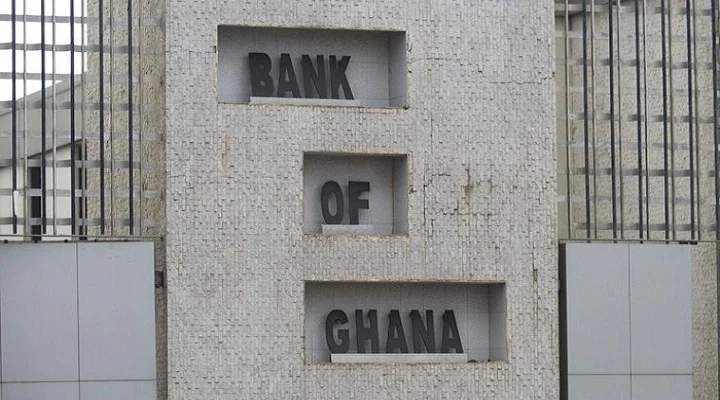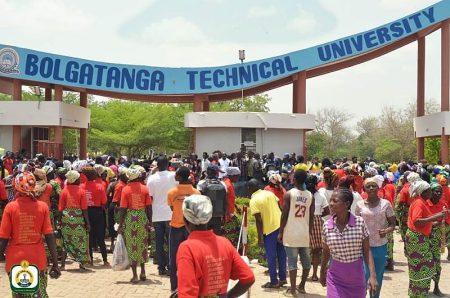The Bank of Ghana (BoG) announced its 2024 financial results, revealing a complex interplay of factors that led to both an operating loss and an improvement in its overall equity position. The central bank reported an operating loss of GH¢9.49 billion, primarily driven by the disparity between operating income of GH¢9.40 billion and significantly higher operating expenses of GH¢18.89 billion. Despite this substantial loss, the BoG also highlighted a positive shift in its equity position, which improved by GH¢4.02 billion, reducing the negative equity balance to GH¢61.32 billion from GH¢65.34 billion in 2023. This seemingly paradoxical outcome necessitates a deeper examination of the underlying financial dynamics.
The BoG’s operating loss can be attributed to several key factors. A major contributor was the cost associated with open market operations, reaching GH¢8.60 billion. These operations, involving the buying and selling of government securities, are essential tools for managing money supply and interest rates. Fluctuations in market conditions and the broader economic environment can significantly impact the cost of these interventions. Furthermore, revaluation and exchange differences resulted in losses totaling GH¢3.49 billion. These losses reflect the impact of currency fluctuations on the BoG’s holdings of foreign assets and liabilities.
Another significant factor contributing to the operating loss was the exchange loss of GH¢1.82 billion incurred through the Government’s Gold-for-Oil Programme. This strategic initiative, designed to mitigate the impact of rising global oil prices by using gold reserves to purchase oil, exposed the BoG to exchange rate volatility. Additionally, currency issue expenses, which encompass the costs associated with printing and managing physical currency, increased to GH¢1.01 billion in 2024 from GH¢0.69 billion in 2023. This increase likely reflects broader inflationary pressures and the associated costs of maintaining the integrity and supply of the national currency.
The BoG also highlighted a modification in its accounting treatment of foreign exchange gains and losses stemming from the revaluation of assets and liabilities denominated in gold, special drawing rights (SDRs), and foreign securities. This change in accounting practice, while not directly impacting cash flow, may influence the reported financial performance and requires further scrutiny to understand its implications. It is crucial to analyze the rationale behind this modification and its consistency with international accounting standards to ensure transparency and accurate representation of the BoG’s financial position.
Despite the substantial operating loss, the improvement in the BoG’s equity position signifies a positive development. The GH¢4.02 billion gain, though not fully offsetting the negative equity balance, indicates some progress in strengthening the central bank’s financial foundation. This improvement could be attributed to factors not explicitly detailed in the initial report, such as unrealized gains on certain assets or other positive developments within the BoG’s balance sheet. A more comprehensive analysis of the complete financial statements would be necessary to pinpoint the exact sources of this equity improvement.
The BoG emphasized its commitment to transparency and accountability by releasing its 2024 financial statements. This disclosure underscores the importance of public access to information regarding the central bank’s financial health and its operations. The BoG also reaffirmed its dedication to maintaining price and financial stability, critical pillars for sustainable economic growth. By fulfilling these core mandates, the BoG aims to foster an enabling environment for businesses and individuals to prosper. While the operating loss raises concerns, the simultaneous improvement in equity position suggests a more nuanced financial picture. Further analysis and clarification from the BoG will be crucial to fully understand the underlying dynamics and their implications for the Ghanaian economy. The reported figures, while highlighting challenges, also offer a glimpse into the complex balancing act central banks face in managing national economies.














